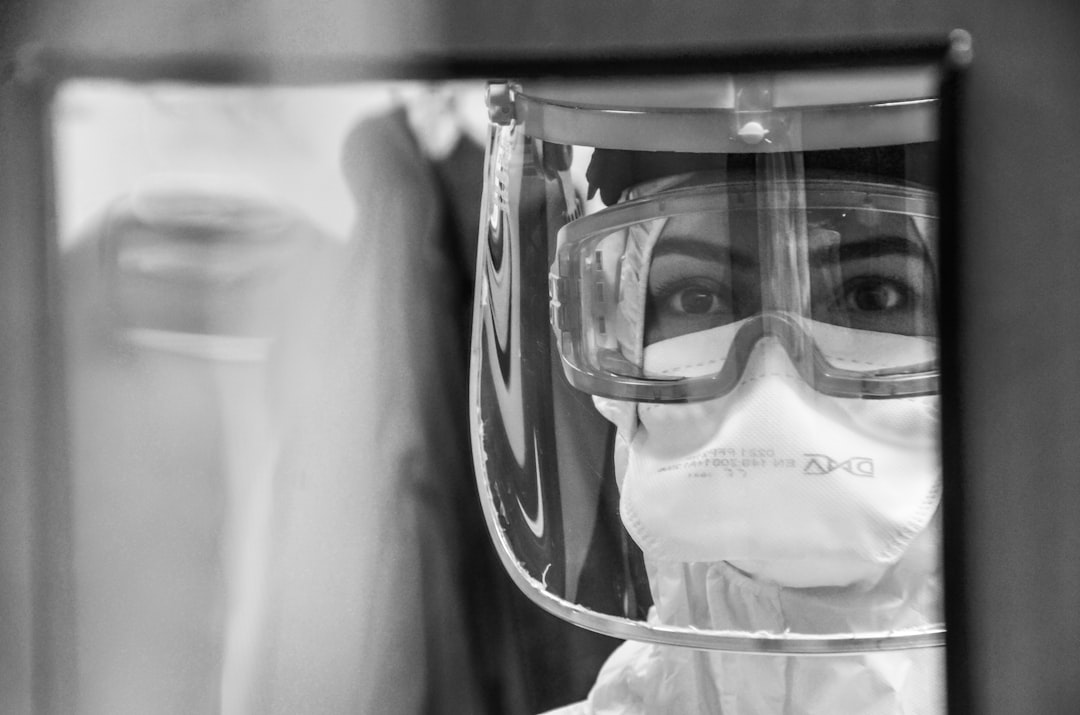What is it about?
Two noteworthy cases suffering from tics, obsessions, and compulsions are reported, whose food habits were testified being vitiated by their pathological conditions: a young man that decided to use anabolic steroids for enhancing physical performance, and a middle-aged woman with a peculiar food attitude. The following cases were selected and reported in order to shed new insight into the management of these complex diseases. All patients displayed general consent to use their medical information for research purposes.
Featured Image

Photo by Andriyko Podilnyk on Unsplash
Why is it important?
This report provided perceptive information that may increase our knowledge and diverged from the classical textbook, underlying the importance of a multitasking approach in some neurological patients. Despite this evidence cannot be generalized beyond their context of patients’ cases, it appeared reasonable that an integrated nutritional approach in TICS and TOC would be effective for other patients with the same conditions. In fact, results may be not easily achievable without a multimodal approach.
Perspectives
We may suggest that the early identification of low baseline adherence to a specific diet or pharmacological therapy, learned helplessness for previous attempts to lose weight, family environment affecting food habits, the displeasure of body image, and fear of gain in body weight would be required. Moreover, nutritional counseling in these patients should focus on the promotion of a balanced diet that includes appropriate options for dietary fat, lean proteins, complex carbohydrates, and a variety of fruits and vegetables. Complex carbohydrates should be privileged because they stimulate the production of serotonin and maintain normal levels of insulin and glucose. Conversely, sugars produce spikes and drops in levels of insulin and glucose, resulting in fluctuations of mood, sleep patterns, energy level, and impulse control. Indeed, impulsive consumption may be controlled by eating healthy snacks in-between meals (e.g. unsalted nuts, fresh fruit). Patients and caregivers education should include information about nutritional side effects of drugs (e.g. alteration of orexigenic/anorexigenic signals), potential drug–nutraceutical interactions, and the avoidance of excessive intake of alcohol or caffeine that has a depressant effect on the brain or results in increased anxiety, respectively.
Dr. M. Briguglio
IRCCS Ospedale Galeazzi - Sant'Ambrogio
Read the Original
This page is a summary of: Tics and obsessive-compulsive disorder in relation to diet: Two case reports, L Encéphale, November 2018, Elsevier,
DOI: 10.1016/j.encep.2017.06.004.
You can read the full text:
Resources
TIC E DISTURBO OSSESSIVO-COMPULSIVO IN RELAZIONE ALLA DIETA
Alcuni studi hanno riportato delle evidenze scientifiche per cui seguire una dieta mediterranea porterebbe ad una riduzione dei principali sintomi della sindrome di Tourette.
DIETA MEDITERRANEA E TOURETTE
Una maggior aderenza alla dieta Mediterranea è associata ad una riduzione di tic e sintomi ossessivo-compulsivi in ragazzi con Tourette.
Mediterranean diet in Obsessive-Compulsive Tic Disorder (OCTD)
It is reasonable to think that healthier eating habits would contribute to promote an overall physical and mental well-being that may positively influence clinical symptoms in patients with the same conditions.
Contributors
The following have contributed to this page










